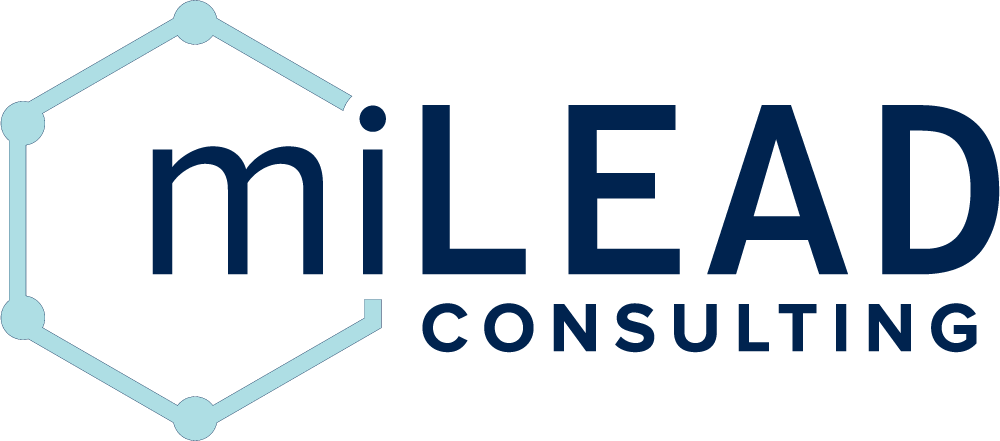What does the AI Revolution in Drug Development mean for Biotech Investors?
Anusha Acharya, PhD
July 16, 2025
Artificial Intelligence (AI) is rapidly transforming the biotech and pharmaceutical industries, particularly in drug development, a notoriously time-intensive, costly, and high-risk process. For biotech investors, AI represents a strategic inflection point, offering the potential for faster timelines, increased R&D productivity, and a competitive edge in precision medicine.
The Drug Development Bottleneck
The journey of a new drug from bench to bedside typically takes 10–15 years and costs over $2.6 billion, with an astounding 90% failure rate in clinical trials.¹ These inefficiencies present a major drag on returns for investors. AI provides the advantage of de-risking early-stage investments by enhancing decision-making throughout the drug development lifecycle.
Where AI Adds Value
Accelerated Drug Discovery - AI algorithms can process massive datasets to identify novel drug targets and generate compound libraries faster than traditional methods. Companies like Insilico Medicine have demonstrated the ability to move AI-generated molecules into clinical trials in under 18 months2.
Improved Clinical Trial Efficiency - AI optimizes trial design, patient recruitment, and site selection using real-world data and predictive analytics. This reduces the cost and duration of clinical trials—a major value driver for biotech investors. Specifically, pharmaceutical companies are already using AI tools, such as Trial Pathfinder, to optimize patient inclusion and exclusion criteria3. Patients can also use AI tools to search for relevant clinical trials, such as TrialGPT3. Drug Repurposing - AI can uncover new indications for existing drugs, reducing time-to-market and leveraging existing safety data. For example, BenevolentAI identified baricitinib as a potential COVID-19 treatment using its AI platform, leading to its emergency use authorization4.
Market Trends and Investment Landscape
The global AI in drug discovery market was valued at $1.5 billion in 2023 and is expected to surpass $9 billion by 2030, growing at a CAGR of over 40%5. Pharmaceutical giants are capitalizing on this growth:
Sanofi signed a deal with Exscientia worth up to $5.2 billion to develop 15 AI-designed drugs6.
Pfizer has partnered with XtalPi and other AI startups for target discovery7.
AI biotech organizations like Recursion Pharmaceuticals and Schrödinger have raised hundreds of millions of dollars and gone public, with pipeline assets powered by machine learning (ML).
The Future
AI continues to advance, although significant challenges remain, particularly around data quality, model validation, and regulatory acceptance. However, as agencies such as the FDA are beginning to issue guidance on the use of AI/ML-based drug development tools8, the regulatory landscape for AI is starting to take shape.
For investors, this is a rare opportunity to back a paradigm shift at the convergence of computational power, biological insight, and unmet medical need. Early investments in AI-powered platforms may yield strong returns, particularly as pharma continues to acquire or partner with innovative AI biotechs.
Sources:
DiMasi, J.A., Grabowski, H.G., & Hansen, R.W. (2016). Innovation in the pharmaceutical industry: New estimates of R&D costs. J Health Econ, 47, 20–33.
Insilico Medicine (2023). Company Pipeline Update.
Mallapaty, S. (2024). AI tool makes leap in understanding genes’ ‘regulatory grammar’. Nature, 627, 844–845. https://doi.org/10.1038/d41586-024-00753-x
BenevolentAI (2021). Baricitinib AI Discovery Case Study.
Market Research Future (2024). AI in Drug Discovery Market Forecast.
Reuters (2022). Sanofi signs $5.2 billion AI drug discovery deal with Exscientia.
Endpoints News (2020). Pfizer signs AI drug discovery partnership with XtalPi.
FDA (2021). Artificial Intelligence/Machine Learning (AI/ML)-Based Software as a Medical Device Action Plan.


